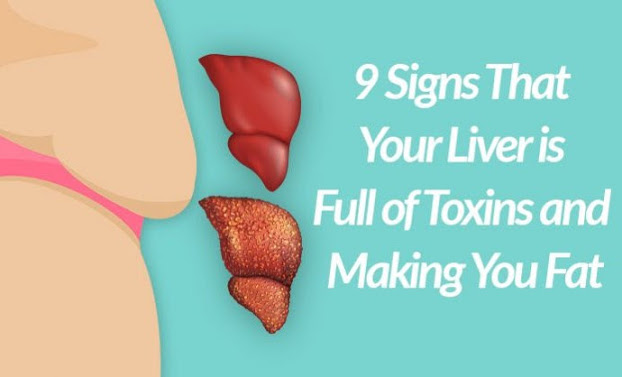
The function of the liver is extremely important for our overall health, as it plays a role in all metabolic processes occurring in the body. It is the main detoxification organs in the body, by initially neutralizing them, and then converting them to water-soluble ones, that can be excreted.
As explained by PubMed Health:
“In fat metabolism, the liver cells break down fats and produce energy. They also produce about 800 to 1,000 ml of bile per day. This yellow, brownish, or olive green liquid is collected in small ducts and then passed on to the main bile duct, which carries the bile to a part of the small intestine, called the duodenum. Bile is important for the breakdown and absorption of fats.
If someone’s blood sugar levels are too low, the liver breaks down glycogen and releases sugar into the blood. As well as sugar, the liver also stores vitamins and minerals (iron and copper) and releases them into the blood when needed.
The liver also plays an important role in the metabolism of proteins: liver cells change amino acids in foods so that they can be used to produce energy, or make carbohydrates or fats.
A toxic substance called ammonia is a by-product of this process. The liver cells convert ammonia to a much less toxic substance called urea, which is released into the blood. Urea is then transported to the kidneys and passes out of the body in urine.”
The liver also makes sex hormones like testosterone and estrogen, as well as mechanisms like sex hormone-binding globulin (SHBG). Therefore, its healthy function should be one of our priorities, and supply it with the needed nutrients in order to ensure our health.
One can also experience these symptoms due to diabetes, obesity, heavy or chronic alcohol intake, unprotected sex, shared needles, chemical exposure, or high triglycerides.
On the other hand, other indicators of liver-related issues involve digestive issues, inability to lose weight, blood sugar dysregulation, hormone imbalance, skin conditions, and abnormal cholesterol.
Hence, we made a list of the best natural liver supplements that will support its healthy function.
These supplements will help you facilitate the hundreds of biochemical reactions involved in the body detoxification and hormone balance, help you regulate blood sugar and cholesterol levels, stimulate bile production, and help blood clot, protein synthesis, and the storage of minerals and nutrients.
Dandelion
Dandelion (Taraxacum) is extremely beneficial for the function of the gallbladder, gut, and prevents liver-related ailments such as hepatitis and anorexia. This is due to its potent anti-inflammatory, antioxidant, and anticarcinogenic effects. It stimulates bile secretion, regulates blood sugar, and has anti-coagulatory qualities.
Milk Thistle
Its main constituent silybin is of great help in the treatment of various liver issues, especially cirrhosis and hepatocellular carcinoma. It has powerful anti-inflammatory, and anti-fibrotic properties, and prevents liver fat accumulation, insulin resistance, promotes cellular regeneration, and improves markers of oxidative stress.
Green Tea
It has powerful antioxidant, anti-inflammatory, anti-arthritic and anti-angiogenic qualities, so it effectively lowers the liver cancer risk, stimulates the metabolism of lipids, regulates cholesterol, and prevents fatty liver disease. It contains EGCG, which offers proliferative effects on hepatic stellate cells, that have been linked to the progression of liver fibrosis in chronic liver diseases.
Phosphatidylcholine
It is the building block for all cell membranes, so it is of vital importance for the liver as a self-regenerating organ.
ALA
Alpha-lipoic acid (ALA) is known as a “universal antioxidant” since its metabolized version DHLA, it synergistically improves the efficacy of other antioxidants, which are essential for the detox function of the liver.
Remember, a healthy, stress-free life, a nutrient-rich diet, and regular exercise are keys to the healthy function of all the internal organs, including the liver, and in general, to a healthy life.
Sources and References:
www.powerofpositivity.com
www.mayoclinic.org
www.ncbi.nlm.nih.gov
cmjournal.biomedcentral.com
